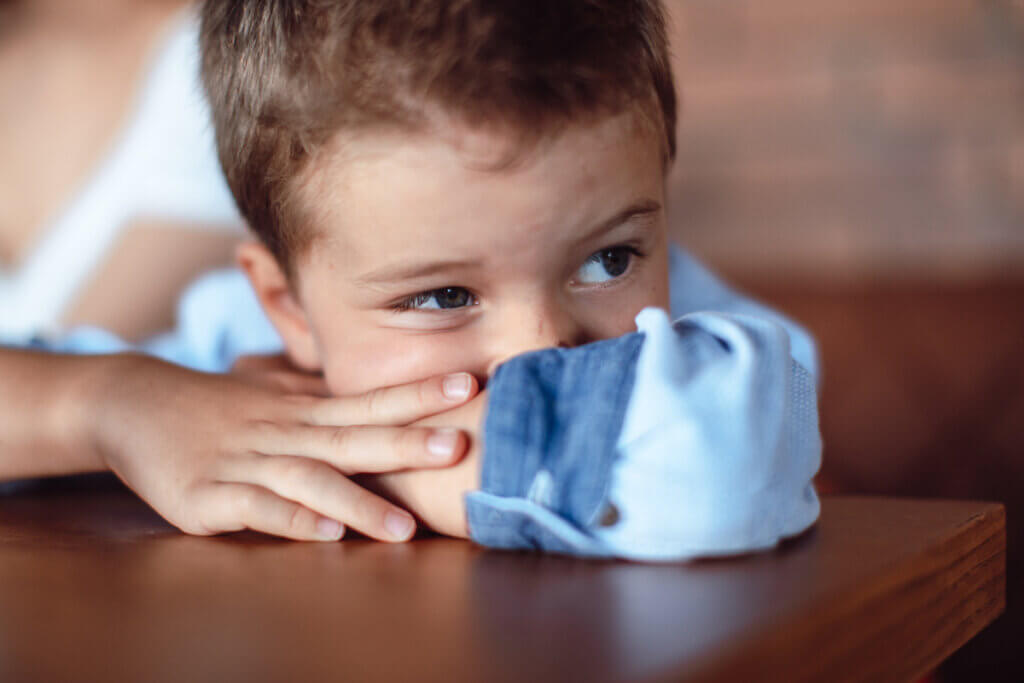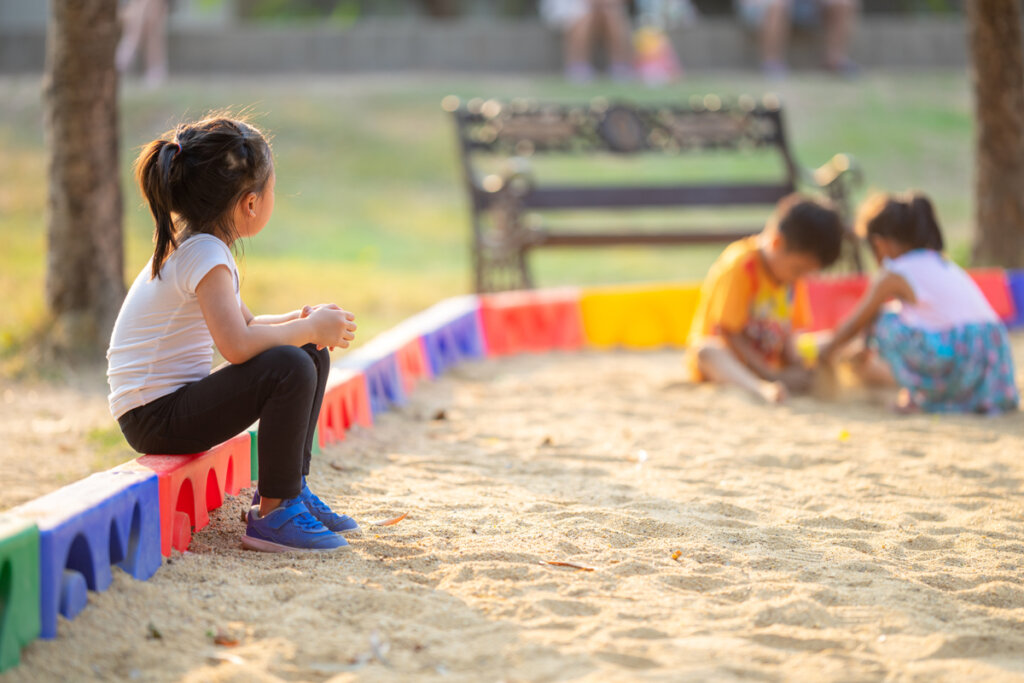17 Signs That Suggest Your Child is Unhappy


Reviewed and approved by the psychologist Sergio De Dios González
You come home and you see that your son doesn’t come to greet you with open arms and beaming from ear to ear. Maybe he’s a little sad or not that interested in your arrival. Nevertheless, it could be a sign that he’s unhappy
All parents dream of raising happy and fulfilled children. Do we all have the right tools to achieve this? Unfortunately not. However, fortunately, today we have a lot of quality information at our fingertips and excellent therapists on hand to help.
If you think that your child’s unhappy, or has a problem and isn’t enjoying their childhood, this article might be of interest to you.
Work out if your child is unhappy
How do you identify the unhappiness of a child? The first strategy is always observation. Indeed, it’s important to identify the signs that indicate that something isn’t going so well with the little one.
What behaviors should attract your attention? In reality, they’re pretty common and are usually significant in almost all cases. For example, the little one doesn’t play, is extremely withdrawn, doesn’t advance in their use of language and other abilities, and has constant tantrums.
If you identify some of these situations or others that seem alarming to you, it might be time to consult a professional.

Signs of unhappy children
What signs should you be concerned about? Here are some of the indicators that are usually observed in children who aren’t enjoying life as expected.
Remember that inappropriate or worrying behavior maybe your child’s way of telling you that something’s wrong. In fact, young children don’t manage or understand their emotions adequately, hence they look for other ways to ask for help.
In order to check if your child’s unhappy, keep an eye out for the following behaviors:
- It’s difficult for them to smile or they never do.
- They don’t play with other children. However, in this aspect, you have to be careful, because it’s normal for children to play alone before the age of four.
- Despite their good physical health, they’re often irritable and seem frustrated.
- Their behavior changes suddenly without a specific cause that justifies it.
- They’re usually reserved but have suddenly become aggressive. Indeed, if this is a sudden change, it’s often extremely relevant.
- They experience mood swings for no logical, clear, or apparent reasons.
- Their emotions are extremely intense and their responses are explosive. Again, exercise caution here, as young children don’t have the necessary tools to manage their emotional states.
- They’re frequently ill. Common symptoms are general malaise, vomiting, or stomach pain. In many cases, there’s no clear justification for the illness.
- They don’t feel like eating.
- They have nightmares or night terrors.
- There are developmental delays. For example, they were using the toilet, but now they wet themselves occasionally.
- They don’t feel like going to school. Alternatively, they may become aggressive or angry so as not to have to go.
- They don’t have friends or they don’t want to socialize.
- If do they play at any time, they do so violently or with aggressive and quarrelsome behavior.
- The slightest thing seems to bother them and they complain about everything.
- They have a remarkable tendency to isolate themselves.
- They show no interest in participating in family life.

What can you do
“One of the luckiest things that can happen to you in life is to have a happy childhood.”
-Agatha Christie-
In this article, we’ve mentioned some signs to look out for in children that may mean they’re unhappy. These could be early warning signals of something more serious. In fact, changes in behavior in children always tend to mark alterations in their development.
Therefore, if these signs are continuous over time and you observe several of them, you should consult a specialist.
For your part, you need to work on communication with your child. The little one must feel understood, cared for, and listened to at all times. This gives them the confidence to explain if they have a problem.
Always remember the importance of early action. This is because these kinds of situations can sometimes trigger a picture of depression, especially in young people and adolescents.
Remember, you must always give your children as much love and support as you can. However, don’t forget that boundaries are also important. In this way, with flexible and nuanced rules, you can offer your children both understanding and emotional and physical security. Only then will they have a space where they feel free to express their feelings, without fear of being judged, punished, or mocked.
All cited sources were thoroughly reviewed by our team to ensure their quality, reliability, currency, and validity. The bibliography of this article was considered reliable and of academic or scientific accuracy.
Lantieri, L., Goleman, D. (2009). Inteligencia emocional infantil y juvenil: Ejercicios para cultivar la fortaleza interior en niños y jóvenes. Madrid: Editorial Aguilar.
This text is provided for informational purposes only and does not replace consultation with a professional. If in doubt, consult your specialist.








